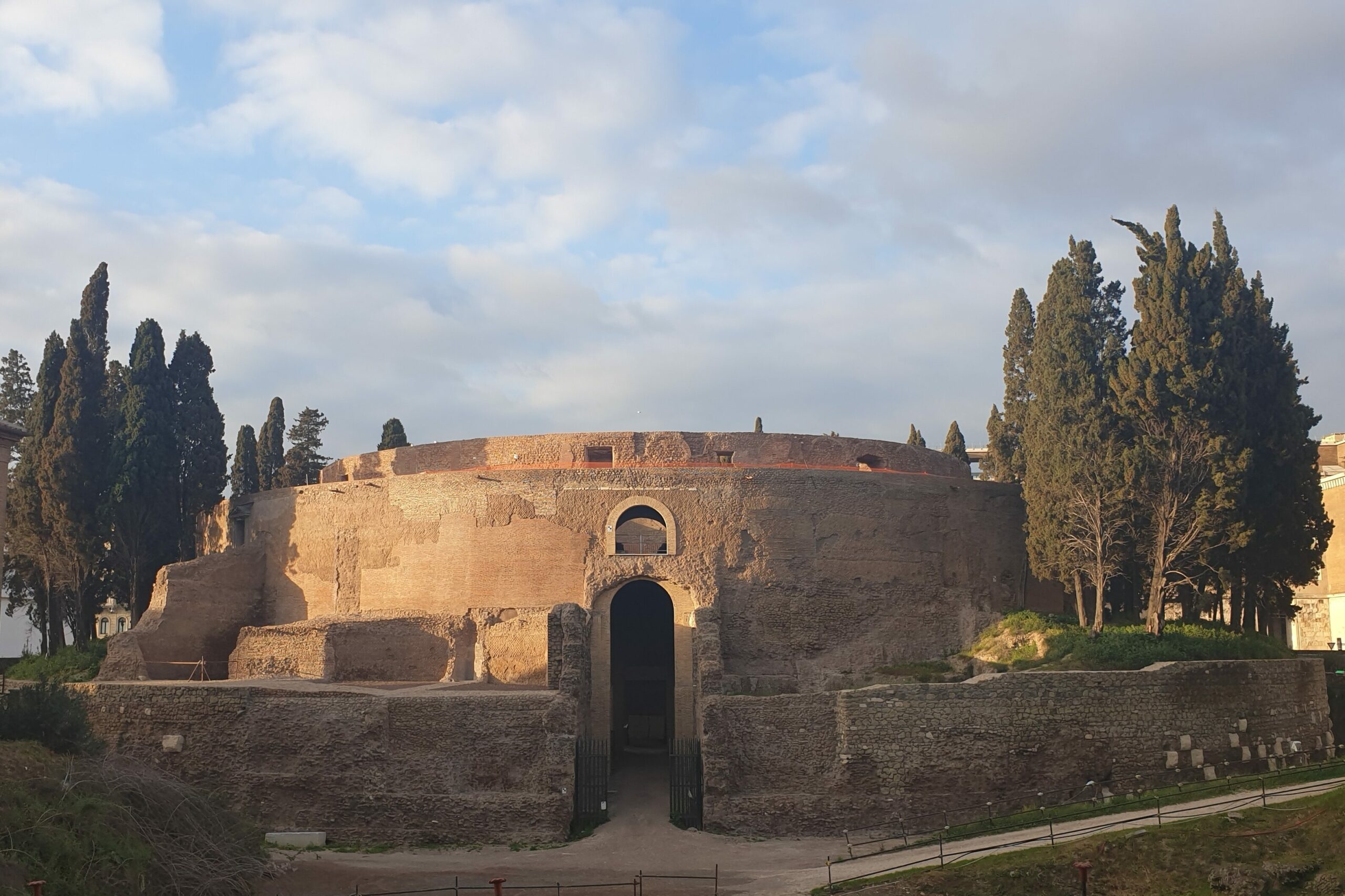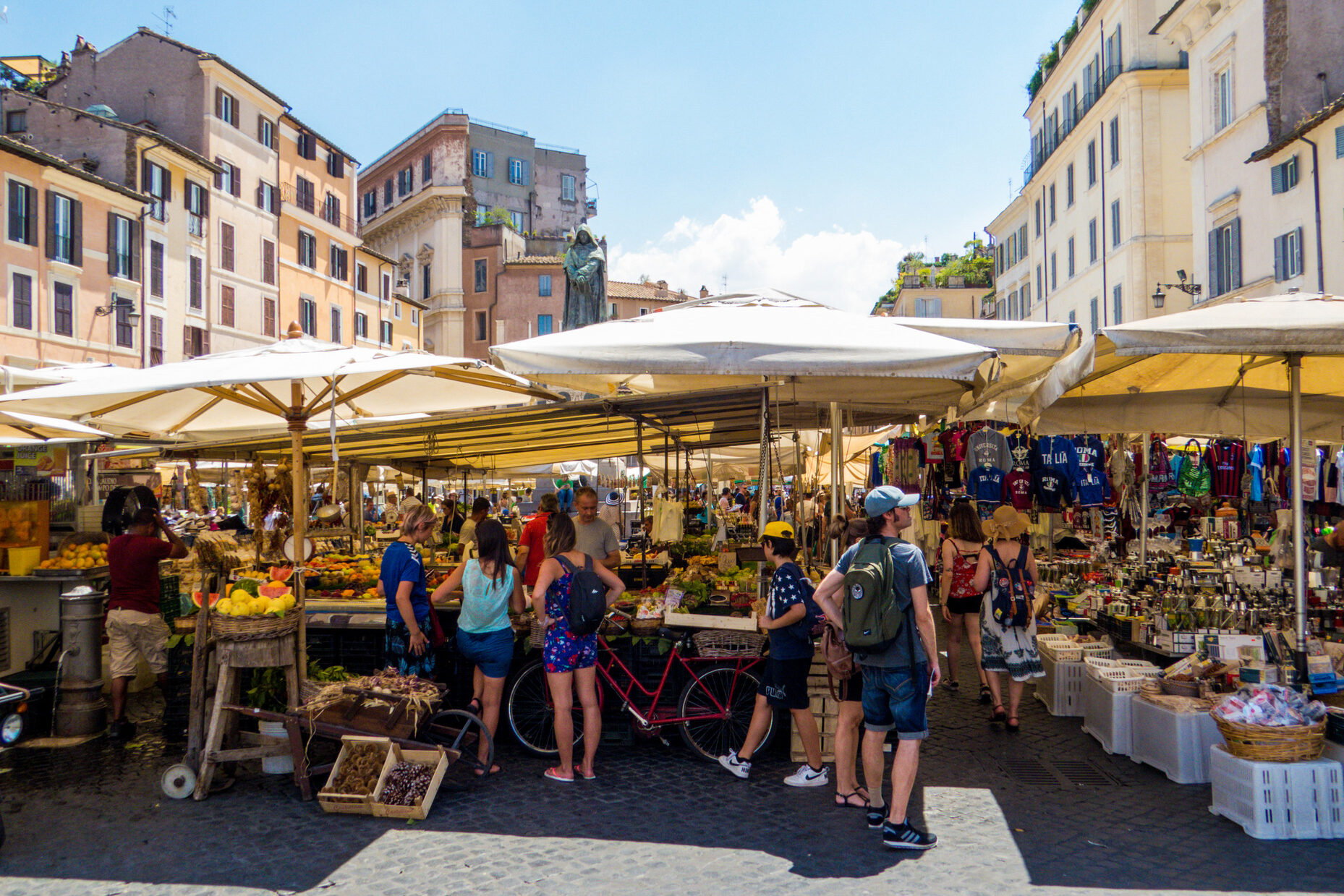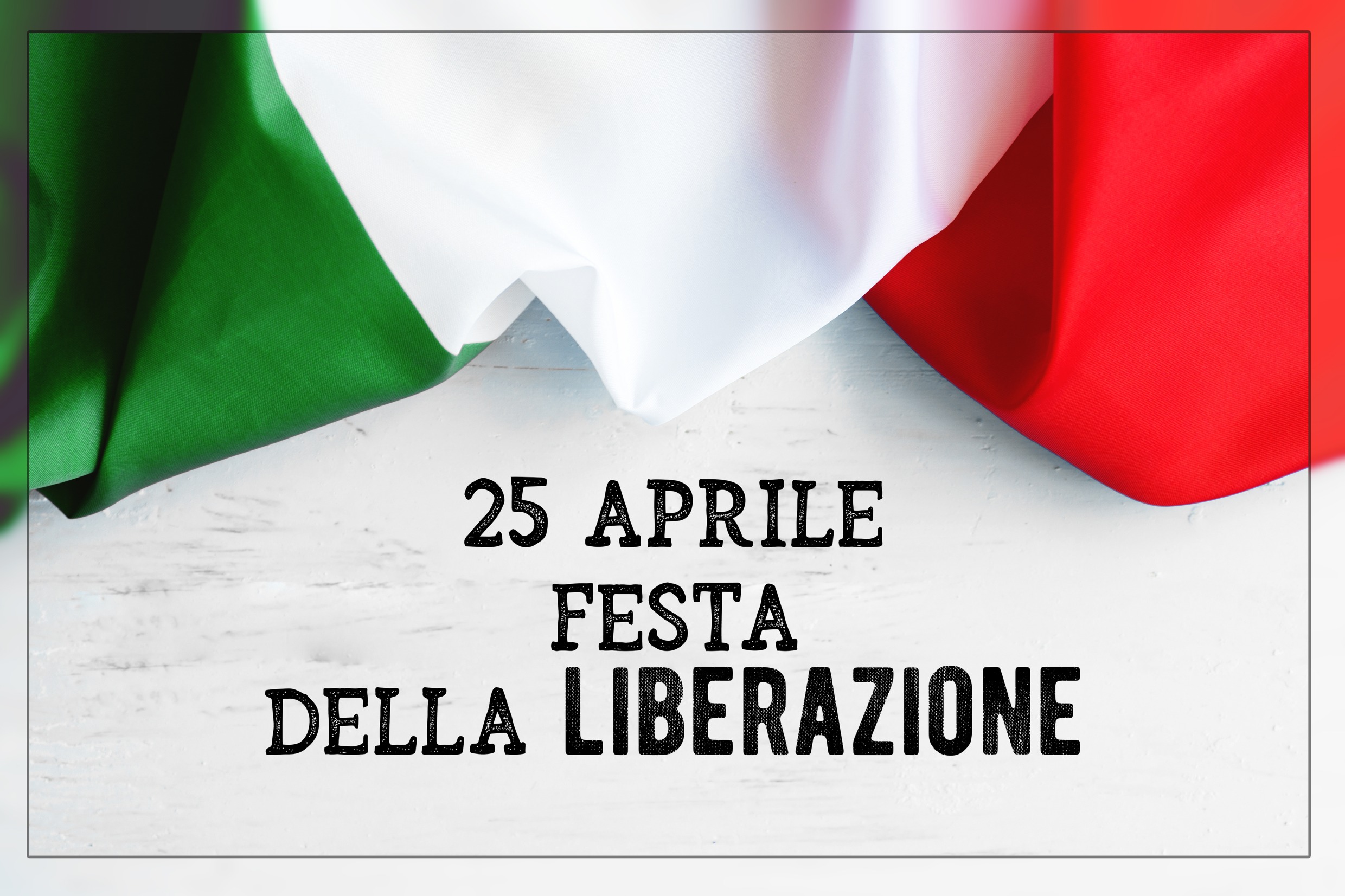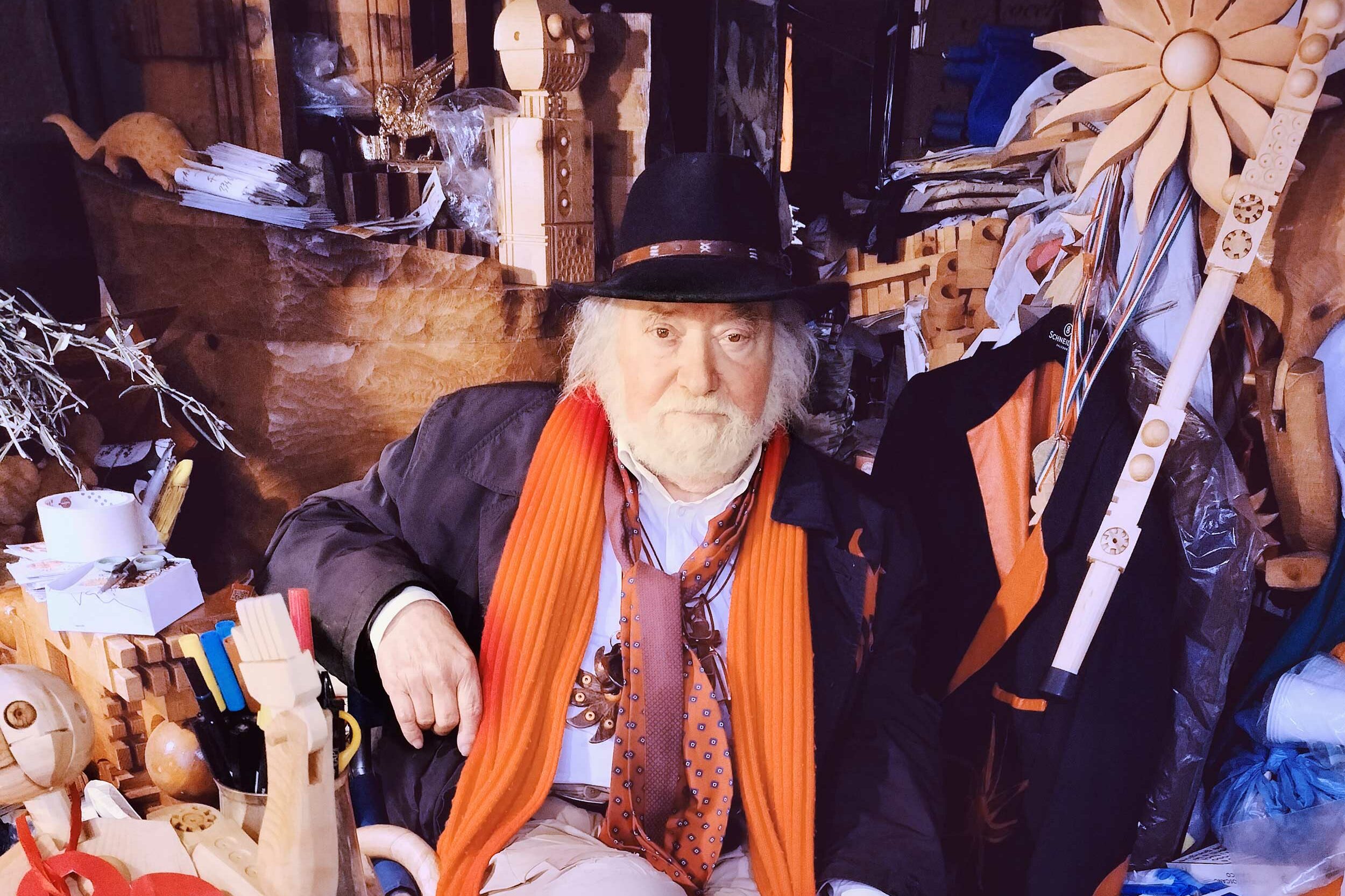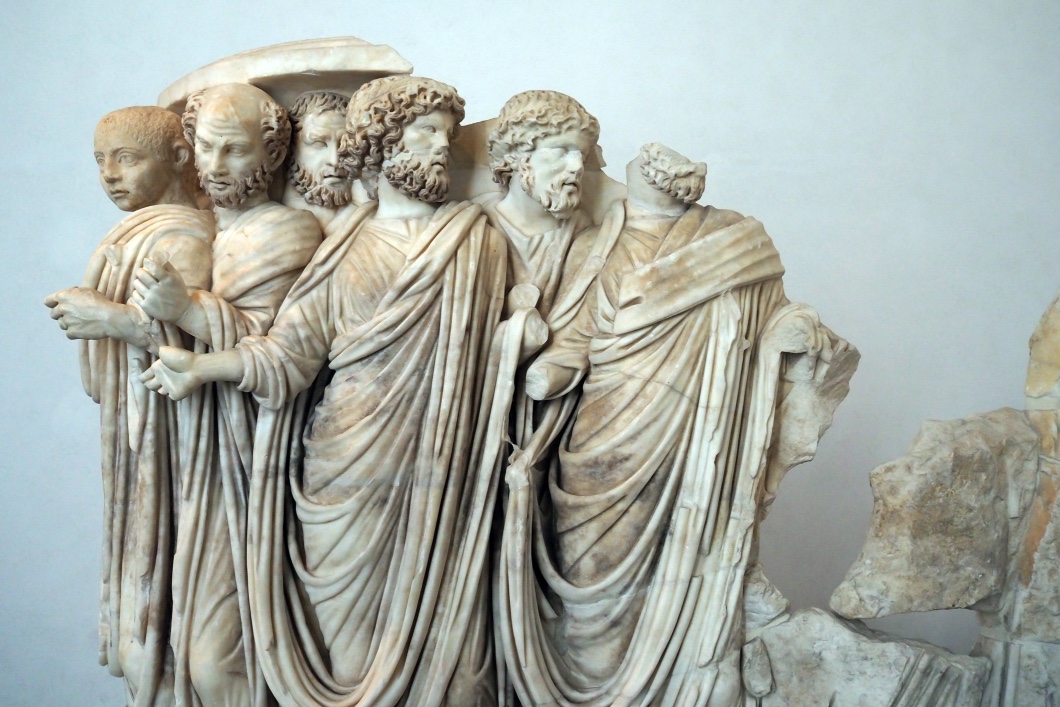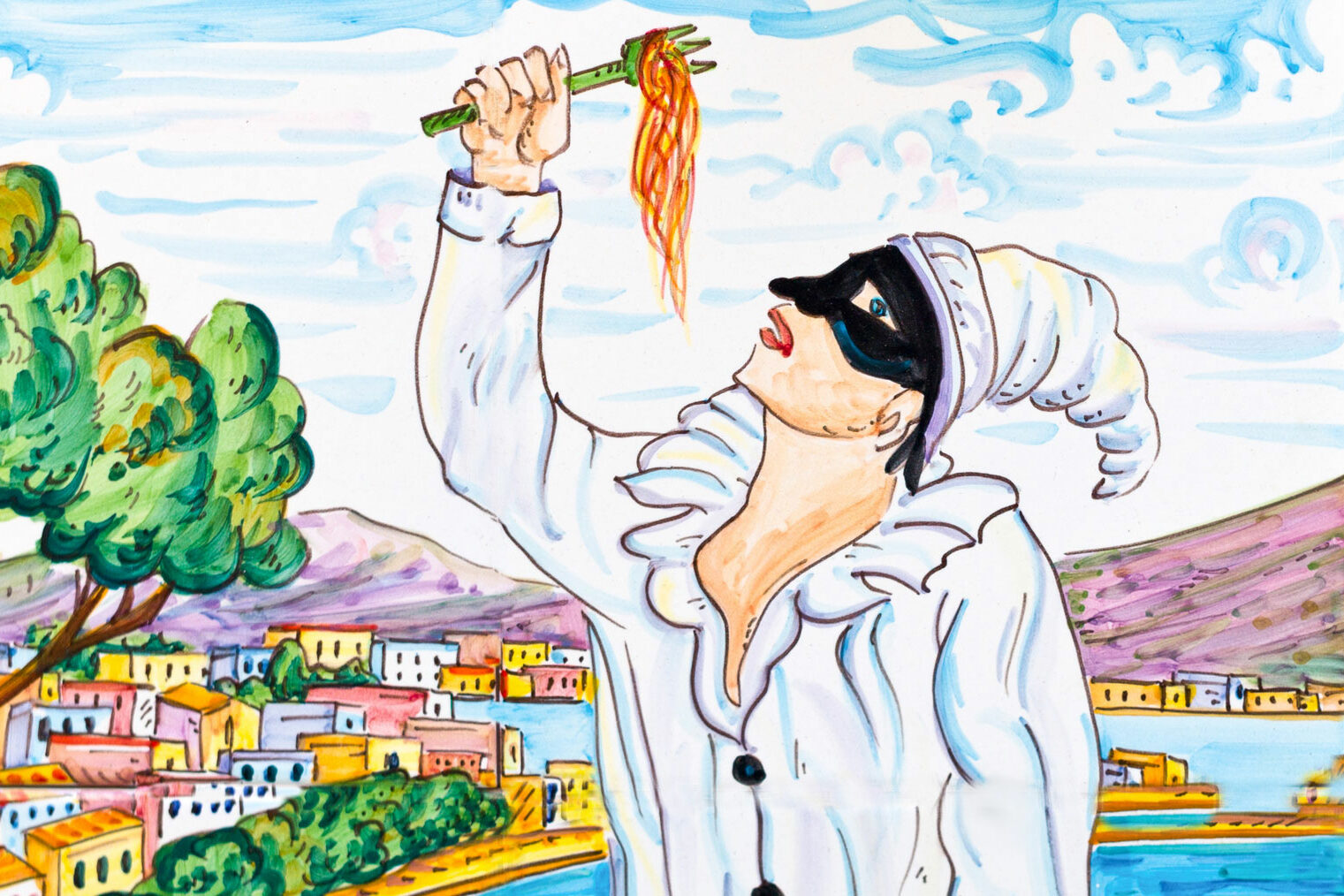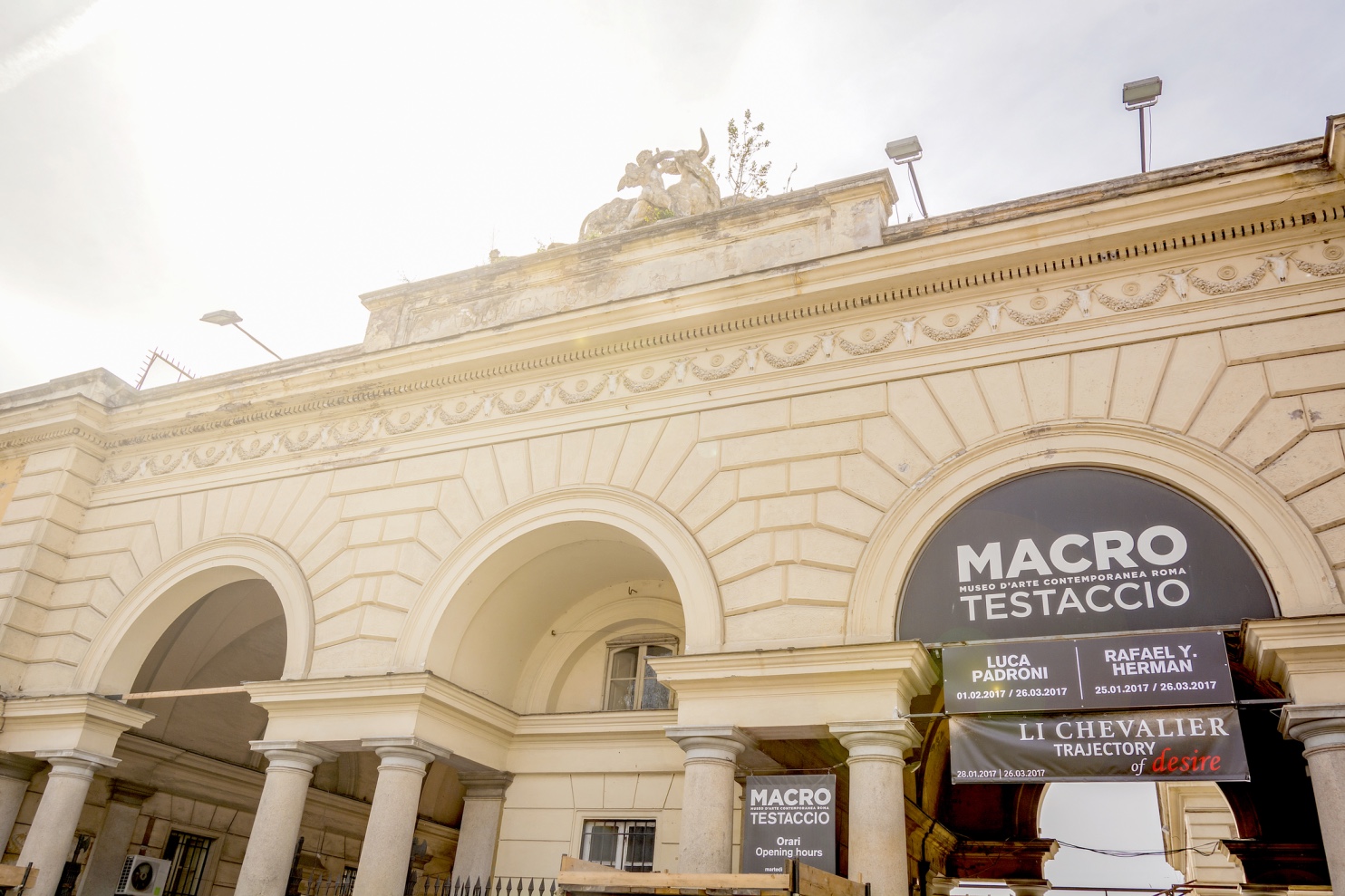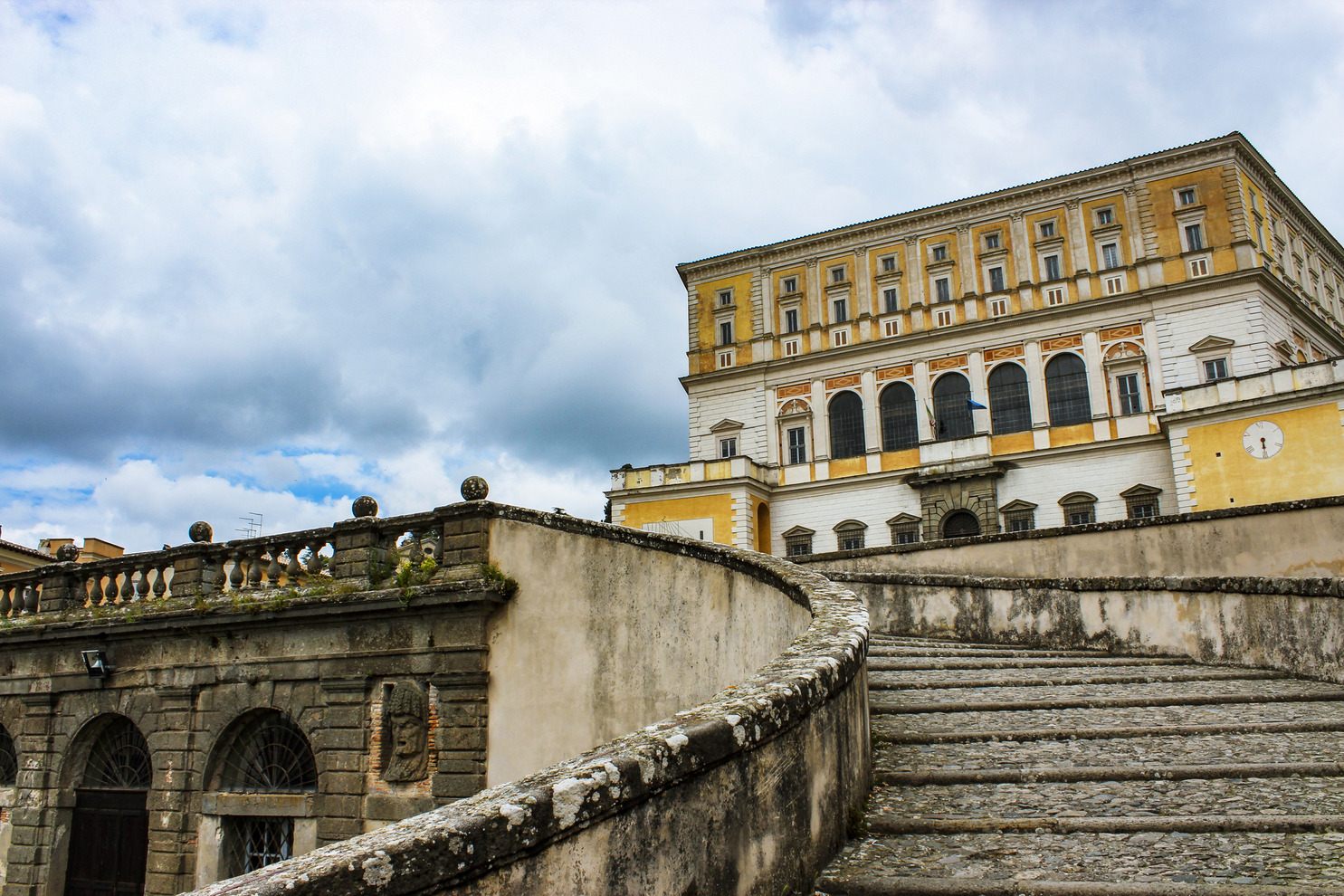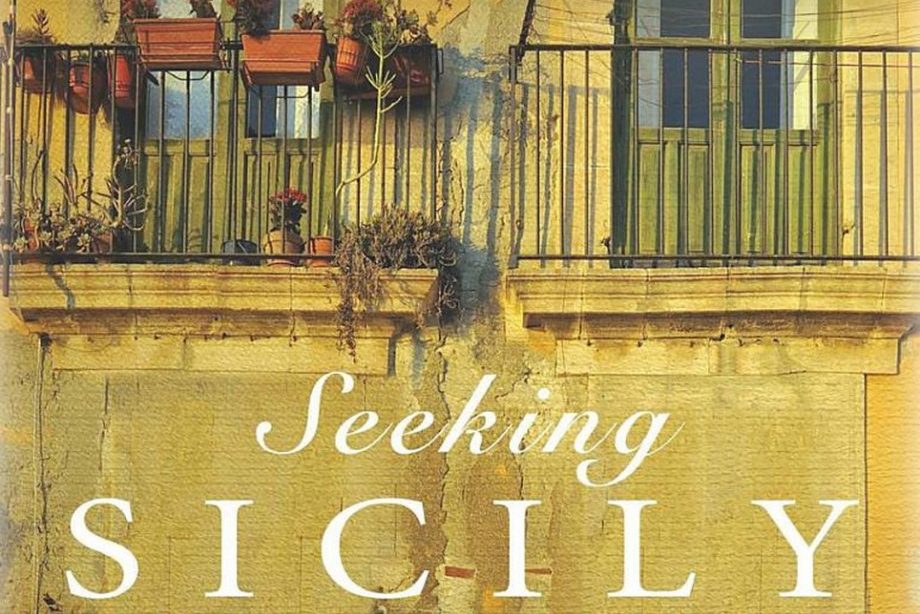Kenneth Scambray
For centuries travelers have visited La Piazza della Bocca Della Verità located just south of Rome’s busy center. The significance of this piazza is that the traveler can see in one-stop Rome’s many layers: from the Roman temples, Temple …
Garibaldi purportedly once said, “I swear it will be spaghetti that unifies Italy.” It was at the time a Southern Italian dish associated only with the lower classes. Naples’ lazzaroni, the infamous street beggars, for little more than a penny …
As Liberation Day approaches every April 25th, the editorial pages of Italy’s national newspapers reignite the national discourse over Mussolini, fascism, and the future of Italian democracy. Although the fall of nazi/fascism may seem remote, it remains relevant today, not only to …
When we think of sculpture and architecture in Italy, we think of Carrara, the main source of the marble that was the material of choice for Italian sculpture’s great works, and the stone adorning the interiors and façades of Italy’s …
With all the museums and churches that Rome offers, it seems futile to suggest one over another, especially when the average visitor is in Rome for only a few days. But the Palazzo Massimo’s superb collection of marbles and bronzes, as …
It is impossible to visit Naples and not see the thousands of ceramic and plastic images of Pulcinella in shop windows lining Via Spaccanapoli that cuts through Naples’ historic center. A commedia dell’arte figure, dating back to the sixteenth century, Pulcinella served in his improvised roles …
The Mattatoio is Rome’s most unusual museum. It can only be compared to the city’s other unique museum: Centrale Montemartini Museum in Ostiense, a 1930s electric power station, where first-century Roman marbles share the museum space with the power generator …
In the early nineteenth century, when the great French writer Stendhal visited Florence, he claimed that he was so overwhelmed by the town’s vast accumulation of culture that he fainted. This condition has become famously known as the Stendhal Syndrome, …
In the 1950s English novelist Elizabeth Bowen announced to her friends that she planned to write a book about Rome. Concerned about her image as a writer, her friends warned her that better writers than she had attempted and failed …
In the early 1980s, the Los Angeles Times ran an article on what was purportedly an unknown collection of 620 marbles dating back to the Roman era. The truth was that the collection was known, but not by the …
